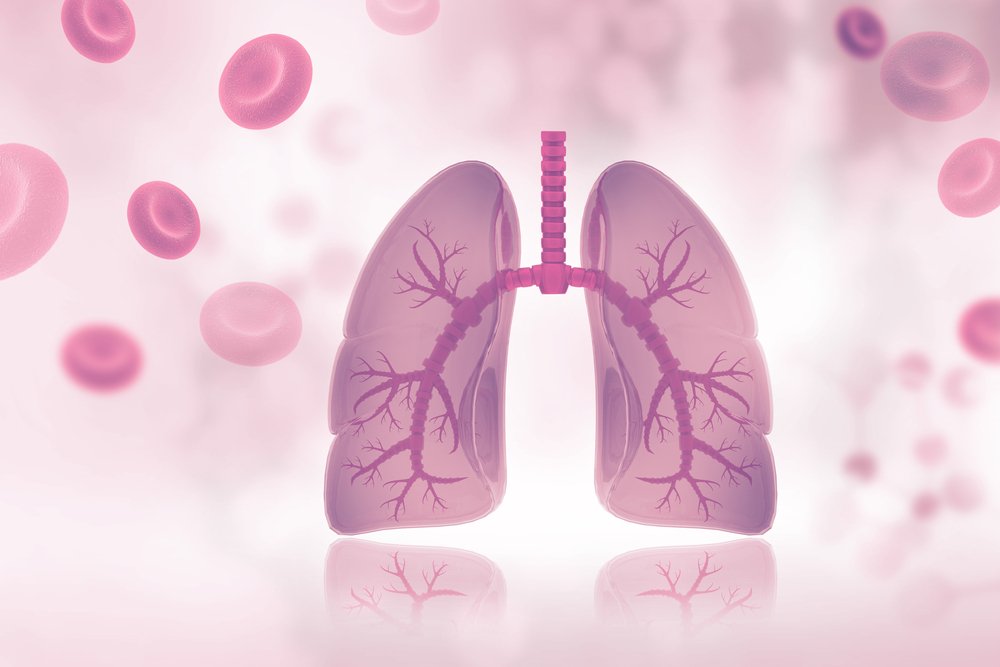Lung Transplant Is Not the Boogeyman I Imagined
Written by |

There are two great fears in a person’s young life: “The Talk” and the Boogeyman. The Transplant Talk is an intertwining of the two for many with cystic fibrosis.
My dad was deployed in Iraq when I hit puberty, so the duty of The Talk fell to my mom. She decided to describe the birds and the bees in a parking garage following a CF appointment. It was not good, but I would rather undergo that scenario a million times than have the Transplant Talk again.
My Transplant Talk took place in a clinic rather than a parking garage. It began with a printed graph of my lung function numbers in a multi-year freefall and ended with a pamphlet casually pressed into my hands. The words “LUNG TRANSPLANT” were sprawled across the top in pink lettering — pink to make the topic seem more cheerful and cute, I suppose.
My body was paralyzed while my mind was anything but. My doctor might as well have handed me a scalpel and a fresh set of lungs, and said to get cuttin’. I was not just afraid, but angry at my doctor for even suggesting something I thought to be totally premature.
Lung transplant is a Boogeyman because of its reputation as a last-resort gamble and death sentence. Weeks later, when I’d finally forced myself to confront the idea of transplant, I downed some caffeine and put my journalism degree to use. I spent hours and hours researching lung transplantation. I was surprised by what I found beyond the first few pages of Google results. Like the Boogeyman, lung transplant’s reputation is built upon a lot of mythology.
Misleading statistics
Life expectancy statistics were my first target. Is all the pain and struggle worth an extra few years of life? Google results make survival beyond five years seem rare. But there are a few factors to consider as a cystic fibrosis patient that make these statistics misleading.
First, it must be considered that many studies of life expectancy are from a time when lung transplant science was less advanced — the first transplant was in 1963 (a single lung; the patient lived 18 days). Lung transplant is a relatively young science that has seen astronomical progress in just the last few years. I know many living transplant patients who had theirs done 25 or more years ago.
Science has made great strides since the early 1990s! Those who are transplanted today likely have better life expectancies than current studies suggest. Most studies examine past results rather than look to the future.
According to a 2016 study, two-thirds of lung recipients are ages 45 to 65 when they get their transplant. Even people who are 70 or older get transplants now. That’s older than most CF patients who get transplants. The study found that age plays a significant role in life expectancy post-transplant, with the odds being in favor of younger patients.
My transplant surgeon also told me CF patients tend to have better hygiene habits, medication compliance, and are used to dealing with chronic conditions in general. Many who get transplants didn’t have their lung condition until months or a few years before they got their new lungs, so those habits can be more difficult to build.
The life expectancy statistics are skewed by varied demographics and time. However, everyone’s story is different and so statistics shouldn’t be relied on to predict your own outcome. But if it helps you sleep better at night …
Living: Worth the price?
The next big thing to research was quality of life. If you get through the transplant, are you still able to live a happy life? I can speak more directly to this post-transplant than I could have just based on pre-transplant research. “Absolutely.” After 24 years of living with cystic fibrosis, lung transplantation has been a breeze since the first few very tough months.
There are still limitations and complications involved with transplant life, but I personally see it as an easier illness than CF. It can be more unpredictable — infections and rejection can strike rapidly and without warning. But in terms of the day-to-day, ditching my breathing treatments, eating easily, having plenty of energy, and way less hospitalizations (zero, so far) have made my life seem … comparatively easy.
I still have to take oral medications and deal with their side effects, but it’s maybe 25 percent of the CF medication burden. Keep in mind that I’m speaking only about my own experience — transplant life can be incredibly difficult for others.
I’m not writing to say a lung transplant is all dandy, but it’s been nothing like the Boogeyman I imagined before I educated myself. I had thrown that lung transplant pamphlet in the trash. Maybe I should have read it with an open mind, instead.
Check out my column next Tuesday, where I will be writing about the transplant evaluation process. The column after that will be about general life after a lung transplant.
***
Note: Cystic Fibrosis News Today is strictly a news and information website about the disease. It does not provide medical advice, diagnosis, or treatment. This content is not intended to be a substitute for professional medical advice, diagnosis, or treatment. Always seek the advice of your physician or other qualified health provider with any questions you may have regarding a medical condition. Never disregard professional medical advice or delay in seeking it because of something you have read on this website. The opinions expressed in this column are not those of Cystic Fibrosis News Today, or its parent company, Bionews Services, and are intended to spark discussion about issues pertaining to cystic fibrosis.








Leave a comment
Fill in the required fields to post. Your email address will not be published.